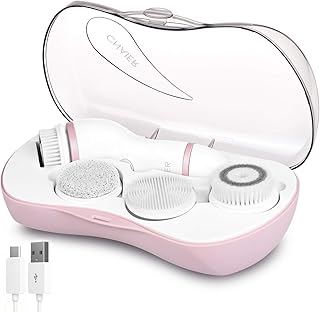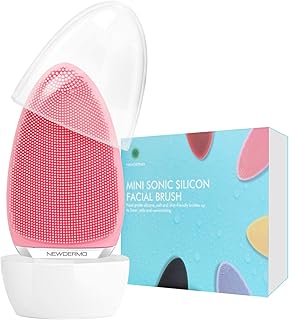Personal hygiene is a topic that resonates differently with men and women, as a recent survey of 1,000 individuals from each gender reveals. Women, in general, appear to have a more profound grasp on hygiene practices compared to men, with statistics showing that women invest an extra hour per week on personal care activities. The survey indicates that women spend around 10 hours weekly on activities like showering, shaving, and moisturizing, while men allocate about 9 hours to similar routines.
Despite the majority (73%) finding hygiene care easy, a notable portion of women (10%) express challenges in this area. The survey, conducted by OnePoll for INTIMINA, underscores the consensus that teaching proper hygiene habits early in life is crucial, with 87% of respondents in agreement. Interestingly, 38% believe that individuals struggling with hygiene maintenance should not face judgment or embarrassment.
Open discussions around personal hygiene are evidently common, with 40% of respondents comfortable broaching the topic with close friends and family. Prioritizing hygiene practices, respondents across the board emphasize washing hands and body (90%), brushing teeth (87%), and applying deodorant (84%). Noteworthy distinctions emerge between the genders, with women showing a higher inclination towards tending to intimate areas (85%) and skincare routines (84%), while men focus more on nail cutting (69%) and facial shaving (74%).
Expert insights from Danela Zagar, global brand manager at INTIMINA, suggest that individual hygiene routines are influenced by diverse factors such as cultural norms, education levels, and personal habits. Zagar emphasizes the importance of maintaining personal hygiene for overall well-being and confidence, especially highlighting the challenges women face in maintaining standards during menstruation.
Hygiene extends to intimate moments, with 73% of respondents indicating post-intimacy bathroom use and 66% changing into clean clothes. Factors like age and environment play a role in hygiene upkeep, with respondents expressing increased difficulty in maintaining personal care as they grow older, particularly men. Challenges in hygiene care are heightened when away from home, as noted by 40% of respondents, especially during work or vacation periods.
Notably, women find it more challenging to manage personal hygiene during menstruation, with a growing interest in sustainable menstrual products. Approximately 23% of women acknowledge the environmental impact of traditional menstrual products and show a willingness to explore sustainable alternatives. The survey indicates a significant interest in sustainable hygiene products, with 62% of respondents, particularly women, expressing a desire to switch to eco-friendly options.
Zagar advocates for sustainability in personal hygiene practices, dispelling the misconception that eco-friendly products compromise effectiveness. The narrative underscores the need for education and awareness to promote sustainable hygiene choices that are beneficial for both individuals and the environment.
📰 Related Articles
- Study Reveals Disparities in Menstrual Hygiene Practices in Nepal
- Survey Reveals Regional Variations in Pet Preventive Care Practices
- Study Reveals Factors Impacting Adolescent Menstrual Hygiene Practices
- Study Reveals Challenges in Menstrual Hygiene Practices Among IDPs
- Glimpse into Medieval Grooming Tools Reveals Hygiene Practices






